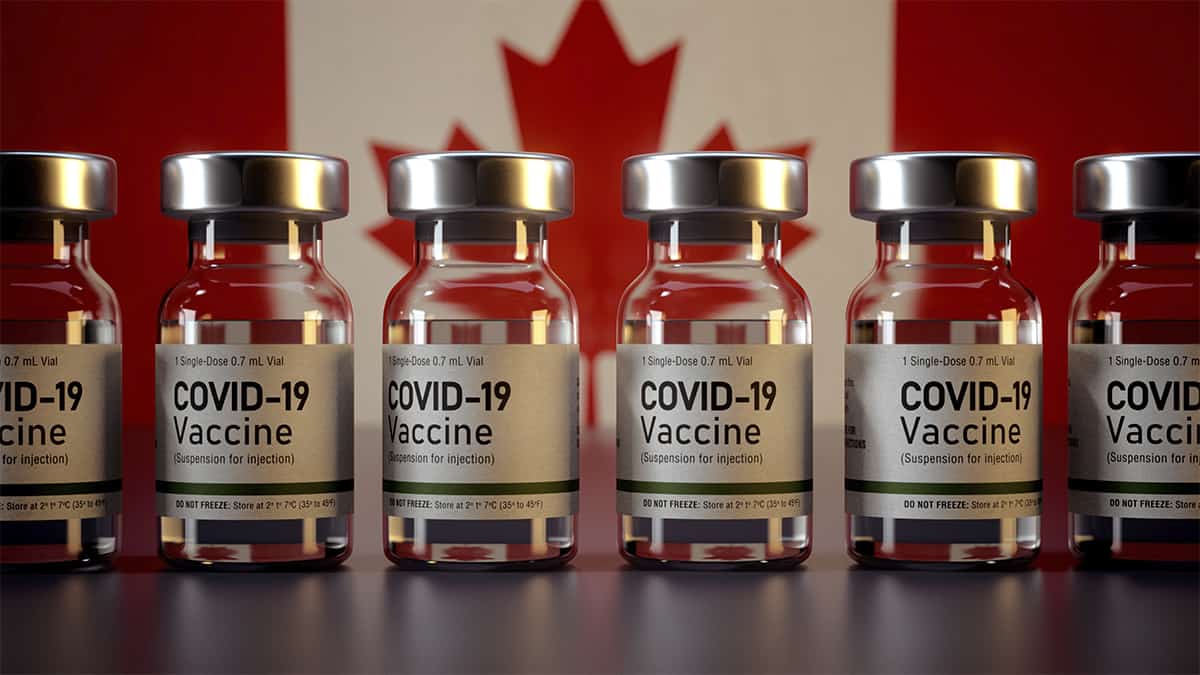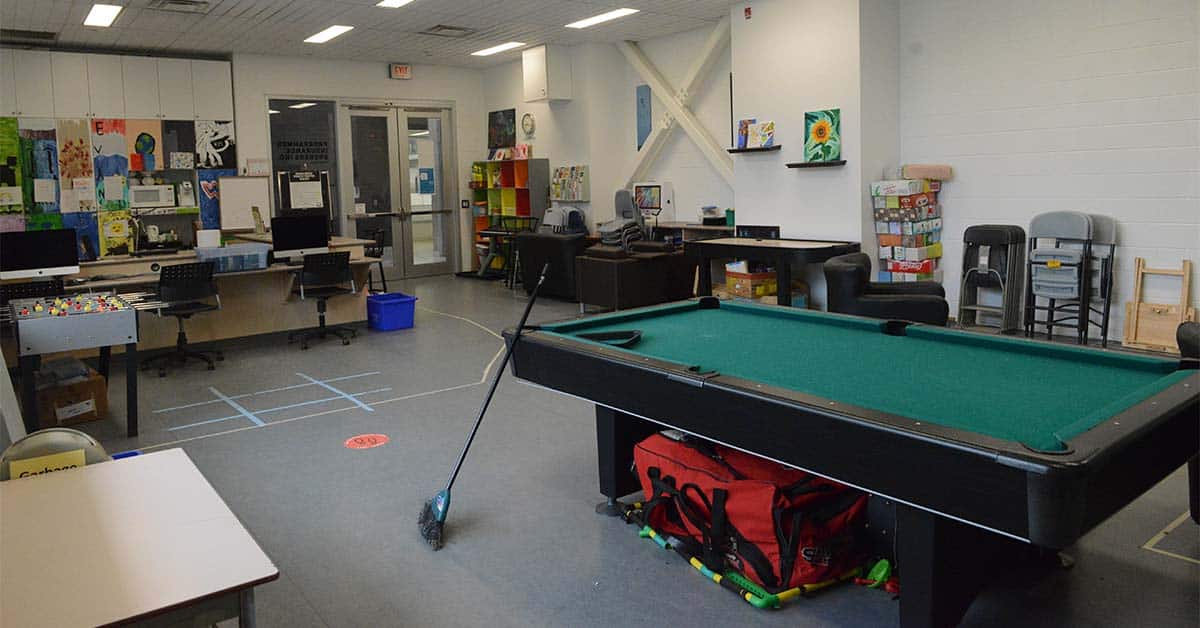The number of people infected with COVID-19 in Waterloo Region is on a downward trend in the past week – there were 119 active cases at midweek, down slightly from 128 seven days earlier. There were just six people hospitalized with the disease.
Meanwhile, vaccination rates edge upward, with just some 500 more jabs needed to reach the milestone of 90 per cent of eligible residents having received at least one dose.
At midweek, 89.9 per cent of those over the age of 12 had received a shot, with 85.5 per cent fully vaccinated.
“There has been an uptake in first dose vaccinations. In Waterloo Region, we are entering the fall in a better scenario because of this increase in first doses,” said medical officer of health Dr. Hsiu-Li Wang at the weekly pandemic briefing October 8.
“Very close to 90 per cent of residents aged 12 and older have had a first dose. Approximately 85 per cent of residents aged 12 and older have had a second dose. Third doses have been given to residents in long-term care facilities. If you are not vaccinated yet and you are eligible, I strongly encourage you to reduce your risk of illness, hospitalization and death from COVID-19.”
Since the start of the pandemic, there have been 19,852 cases recorded in the region, of which 19,430 have been resolved – 97.9 per cent. A total of 300 people have succumbed to the disease.
Along with increased vaccinations, the region’s public health department has also been working on protocols for incorporating rapid antigen tests, particularly in schools. The tests aren’t a panacea, officials warn.
“Anyone who has symptoms needs to get a lab-based PCR test at one of the testing centres. It also cannot be used at this time to test high-risk contacts,” said Wang “Rapid antigen screening would also not replace any of the other public health measures.”
Anyone testing positive with one of the rapid antigen tests shouldn’t attend school or work and should get a PCR test at one of the testing centres such as the drive-thru facility at the Charles Street terminal in Kitchener, she suggested.
“Rapid tests have their advantages, but they also have their limitations. We want to make sure that when we recommend, they can serve as additional benefit for those schools or childcare settings where we are concerned that there may be a higher risk of spread that would occur.”
The numbers are trending downward in Wellington-Dufferin-Guelph as well, with the midweek total at 62 active cases, down slightly from 64 week earlier. Of a total of 9,212 cases since the pandemic began, 9,023 (97.9) have been resolved. There have been 127 fatalities associated with the virus.
Public health there reports 87.4 per cent of eligible residents has received at least one dose of vaccine, with 83.6 per cent fully inoculated.
The province continues to see growth in the total number of cases, with the tally now at 592,700, up about 3,000 in the past week.
There have been 9,792 deaths attributed to the virus – up 35 over the week before – representing a mortality rate of 1.7 per cent. The ministry reports 578,500 cases (97.6 per cent) have been resolved.
The latest numbers from Health Canada show 37,400 active cases nationwide, down about 5,000 from a week earlier. The cumulative total of confirmed cases now stands at 1,667,575, with 28,289 related deaths, a mortality rate of 1.8 per cent.








